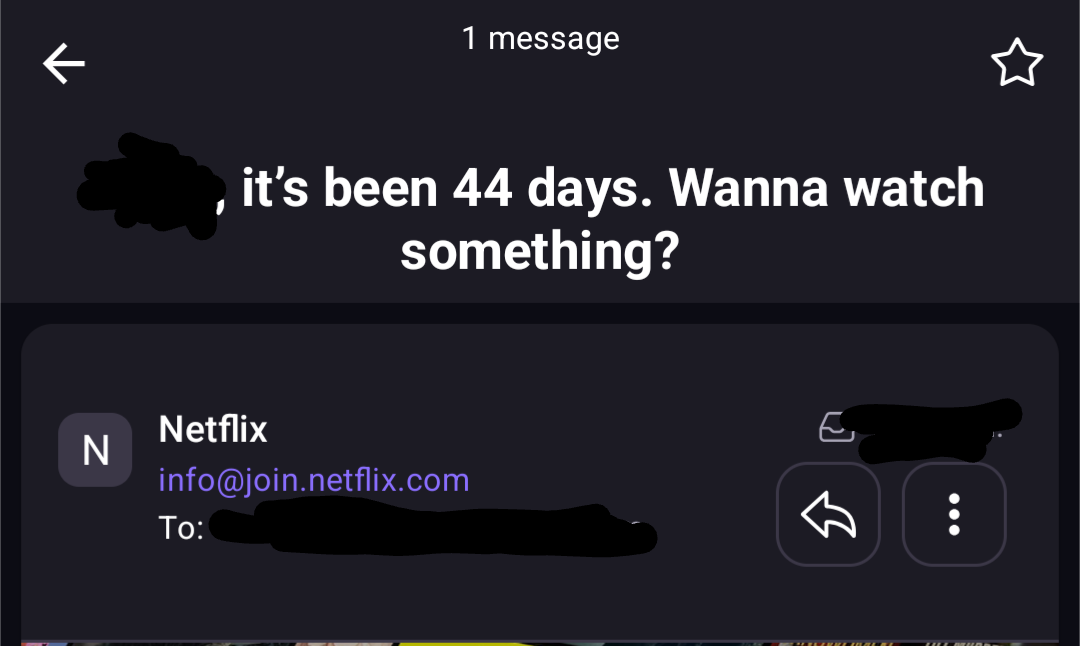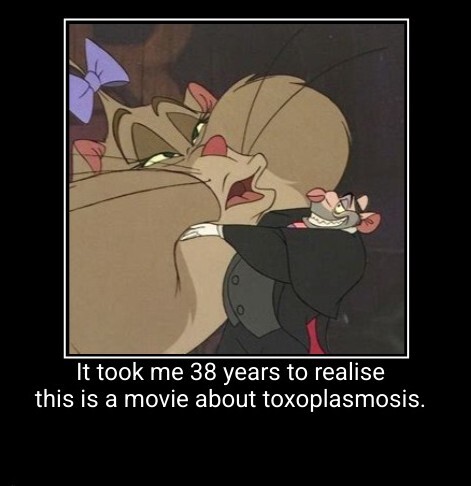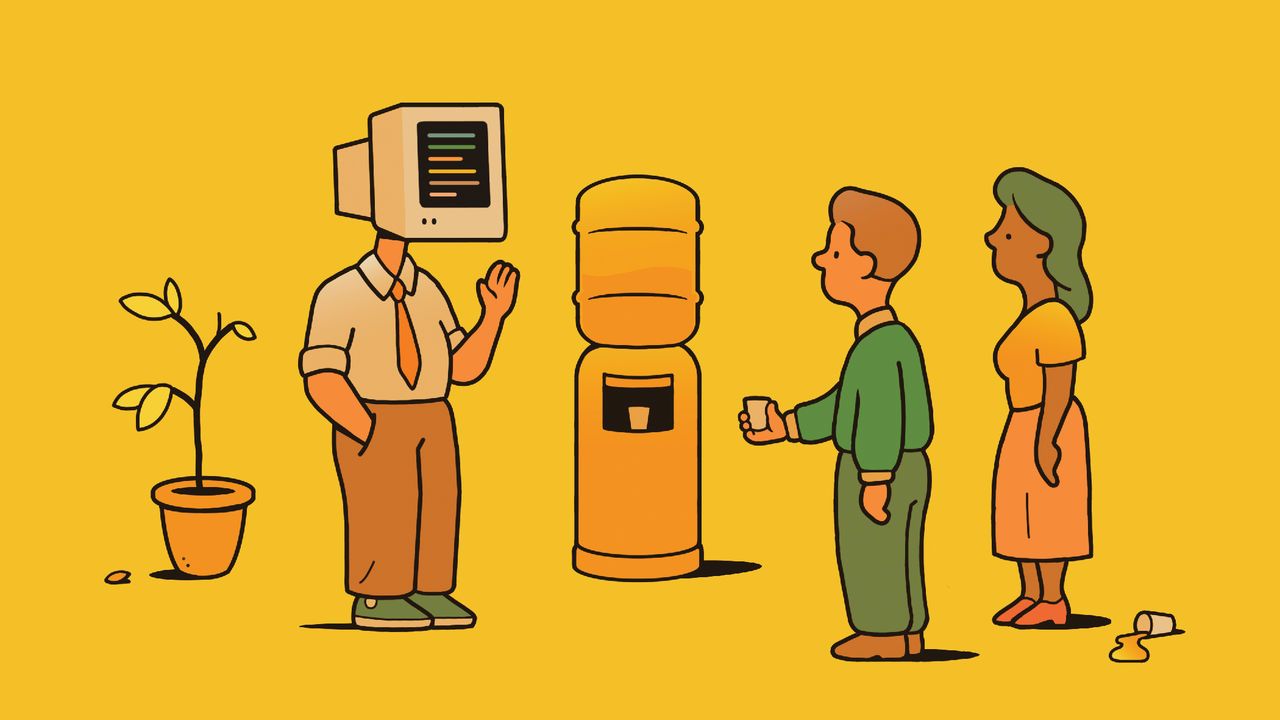User name checks out.
No_Eponym
If they are all orange, doesn't that mean they are all males? And the females are still out there waiting and watching and ready to repopulate?
In a few more days, all objectives achieved comrade!
Works for me. Is the domain blocked where you are? Or is your browser/vpn/etc making the page fail to load?
I don't know of anything that comes close to archive. today. Web.archive.org if you're lucky will work for your site.
WHERE ARE THE EPSTEIN DOCUMENTS
Buried, just like Renée Good, Alex Prett, and the rule of law in America.
Jesusland
CSAL: the Christian State of American Liberty, home of Y'all Queda
hundreds of thousands got sick
An estimated 7 million deaths since 2020. About 250 deaths a week in the US on an ongoing basis. And that is just deaths, not serious sickness or long term consequences after being sick.
who knows how many survived because they were vaccinated.
We dont know, but we can estimate. COVID-19 vaccinations averted between 1.4 to 4 million deaths during 2020-2024.
Too hard. Best offer is more resource extraction, ologopolies and housing bubbles. Final offer.
No AI building biometric databases scraping public pictures where you are from? Babies are able to consent to have their data uploaded there?






France: